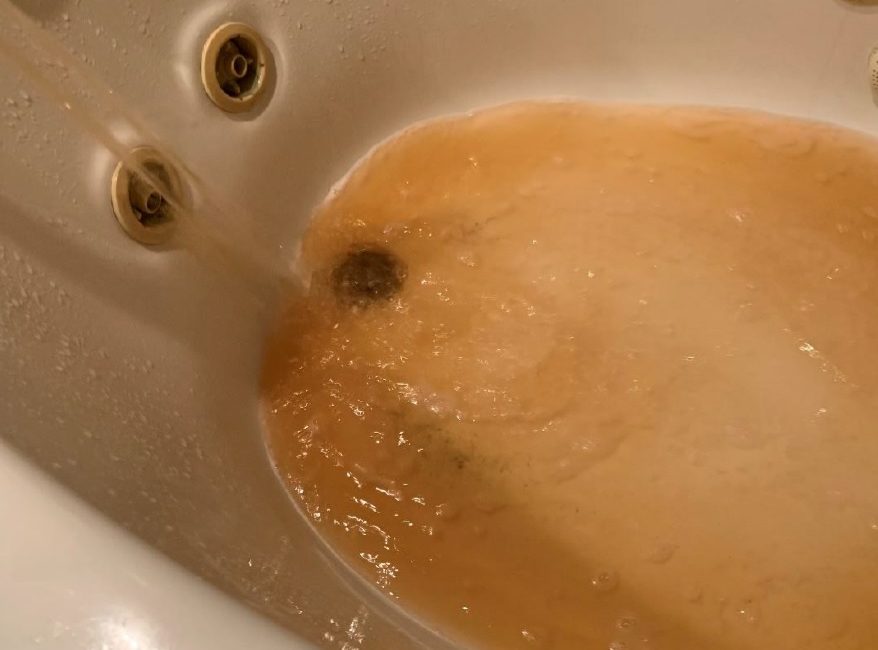In every real estate transaction, agents and brokerages have a duty to inform buyers of material facts about the property being sold. Failure to do so can result in expensive legal claims. When a real estate agent pushes the sale of a property despite the obvious or hidden conditions of a home, buyers may claim breach of fiduciary duty, negligence, and professional malpractice in subsequent lawsuits. The consequences of such a suit often result in severe financial hardships for real estate companies, even with the protection of errors & omissions (E&O) insurance.
The Claim
A buyer purchased a home located in a suburb not far from New York City in 2018. Almost immediately, the new owners discovered serious and life-threatening issues related to water quality. The home is not connected to a public sewer or water line. A septic system receives wastewater from the home, and the water is supplied by a private well located under the house. Tests by the new owners revealed that the water supplied by the well was highly acidic, leading to damage of the well itself as well as the plumbing pipes serving the home and all the pipes inside the house. Small perforations in the exterior piping have allowed contamination from the septic system; E. coli (fecal coliform) bacteria were found in lab-analyzed water samples from the home. The interior pipes suffered pinhole leaks that spewed water inside walls throughout the house.
Damage to the well and plumbing from the bad water quality must be repaired to make the home habitable. These expenses – including the drilling of a new well at a sufficiently safe distance from the existing septic system, removal and replacement of all interior plumbing, replacement of all fixtures and appliances – are expected to run into the hundreds of thousands of dollars.
What Went Wrong
The new homeowners filed a lawsuit against the real estate agent, the real estate agency, and the sellers of the home. In the lawsuit, the plaintiffs claim that material facts about the water safety of the home were deliberately hidden from the buyers. In fact, water quality testing in 2012 and again in 2018 determined that water from the private well serving the home was unsafe for human consumption. At no point during the transaction were these facts disclosed to the buyers. Four weeks after closing, the laboratory testing results were disclosed to the buyers, and only after the buyers reported poor water quality after moving into the home.
Industry experts evaluating the pending lawsuit suggest that damages could conceivably exhaust the real estate company’s $1 million insurance coverage if a judge rules in favor of the plaintiffs. For real estate agents, all material facts regarding a home MUST be disclosed, including available utilities, condition or disrepair of features including septic systems and wells, and any laboratory testing or evaluation that has been conducted on the home that may point to deficiencies with the property. Failure to disclose these facts – or to deliberately hide information from buyers or sellers – can strain even the most robust insurance protection as well as threaten the licensing of the realtors involved in breaching their duties as professionals.
Interested in PBI Group generating an E&O insurance quote for your real estate agency? Click here.






